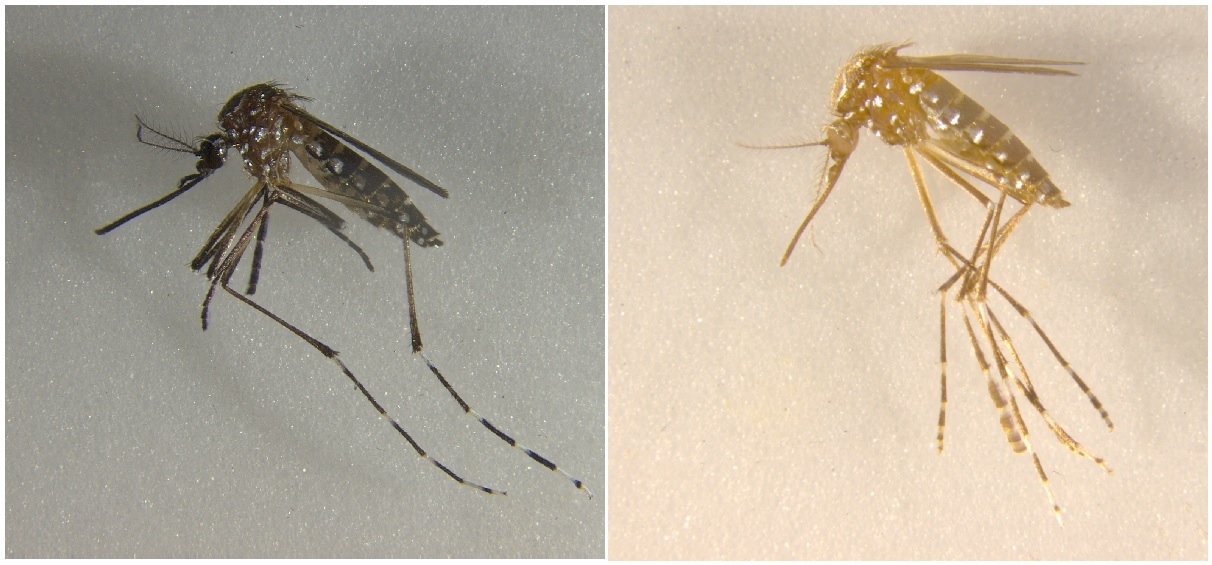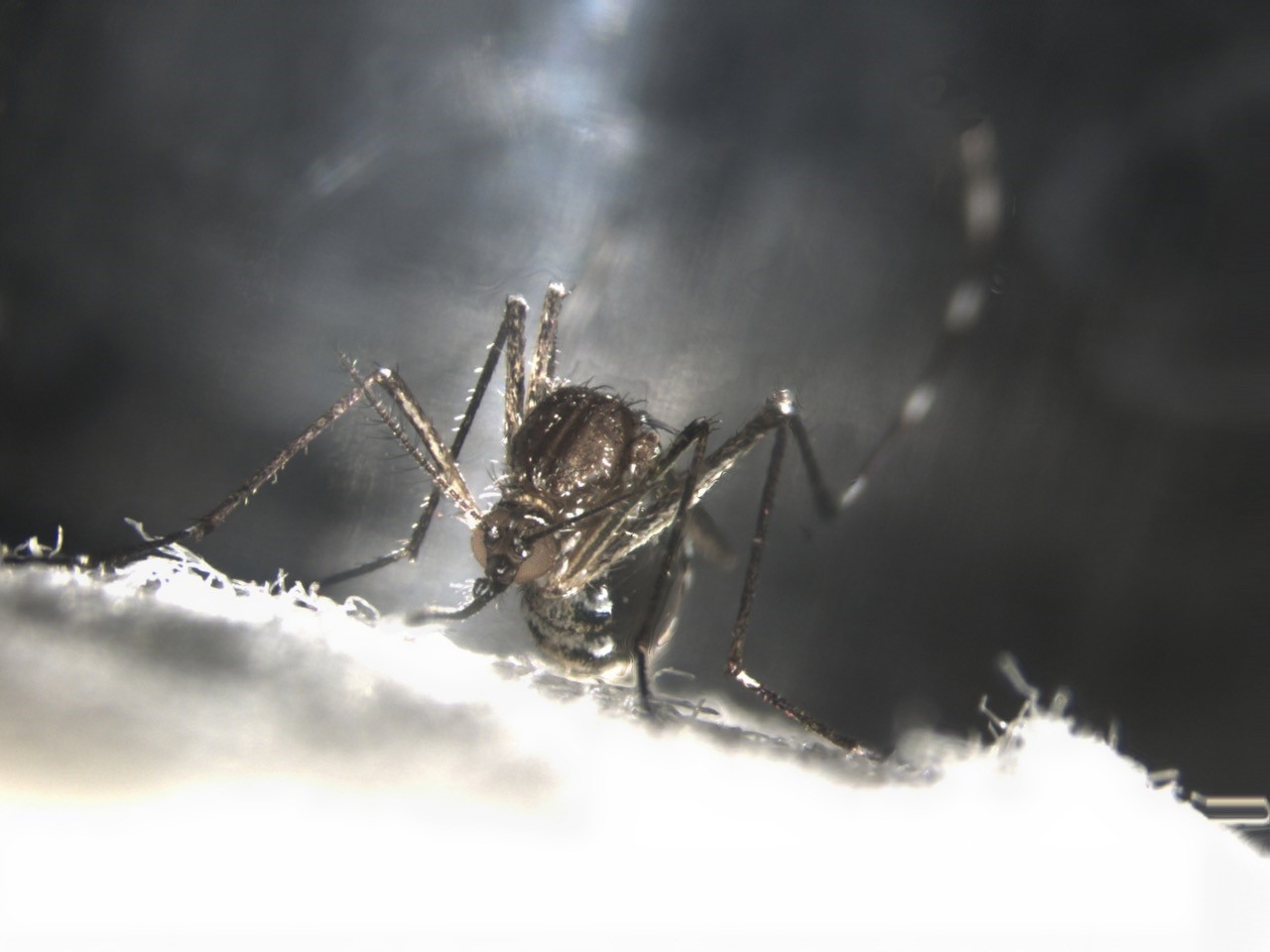Buzz Off: Genetic Edit Could 'Defuse' Mosquitoes

Mosquitoes' stinging bites are irritating and itchy, but they can also be dangerous. From malaria, to dengue, to yellow fever, to Zika, mosquito-borne illnesses affect billions of people worldwide each year, sometimes causing debilitating symptoms.
One strategy that experts use to combat these diseases is reducing mosquito populations. But pesticides carry risks to human health, and prolonged use of these poisons can lead to resistance in mosquitoes, making the toxins less likely to work.
However, another solution that tackles the problem at a genetic level may soon become a reality.
Scientists are genetically modifying mosquitos that act as vectors — organisms that transmit an infectious agent — to disrupt the insects' cycles of breeding and infection through traits that the mosquitoes would then pass on to future generations. [10 Amazing Things Scientists Just Did with CRISPR]
One of the most powerful gene-editing tools in scientists' arsenal is CRISPR technology, which targets short, repeating strands of DNA using a protein known as Cas9 to snip through DNA strands. CRISPR, pronounced "crisper," is an acronym for "clustered regularly interspaced short palindromic repeat," which describes the type of DNA sequences that the technique addresses.
By harnessing CRISPR, researchers have been able to edit genes in mice, fruit flies and even human cells with unprecedented precision. And recently, scientists altered the genomes of Aedes aegypti mosquitoes so that the insects' own cells would produce the Cas9 protein required for CRISPR techniques. This allowed the scientists to perform highly targeted genetic surgery.
Their first efforts focused on disrupting genes that controlled physical features in the insect, creating features that would be highly visible and easy to track.
Sign up for the Live Science daily newsletter now
Get the world’s most fascinating discoveries delivered straight to your inbox.

The researchers tweaked the mosquitoes' genomes to alter traits linked to blood feeding, flight and vision, producing mosquitoes that had white eyes instead of black ones, malformed wings or a proboscis that could not draw blood. Other genetic alterations to the mosquitoes resulted in yellow body color and extra eyes or limbs, the study authors reported.
By comparison, mutations that were introduced in strains of mosquitoes that did not produce the Cas9 protein were less successful, and the mosquitoes were less likely to survive, the researchers discovered.
Genetically altering mosquitoes to produce the Cas9 protein — a key component of CRISPR gene editing — within their own cells lays the groundwork for scientists to modify specific areas of the mosquitoes' genomes more efficiently, according to the study. This could help researchers chart a quicker path toward DNA-driven strategies for managing how mosquitoes feed and breed, to bring populations of disease-spreading insects under control, the study authors concluded.
The findings were published online Nov. 14 in the journal Proceedings of the National Academy of Sciences.
Original article on Live Science.

Mindy Weisberger is an editor at Scholastic and a former Live Science channel editor and senior writer. She has reported on general science, covering climate change, paleontology, biology and space. Mindy studied film at Columbia University; prior to Live Science she produced, wrote and directed media for the American Museum of Natural History in New York City. Her videos about dinosaurs, astrophysics, biodiversity and evolution appear in museums and science centers worldwide, earning awards such as the CINE Golden Eagle and the Communicator Award of Excellence. Her writing has also appeared in Scientific American, The Washington Post and How It Works Magazine. Her book "Rise of the Zombie Bugs: The Surprising Science of Parasitic Mind Control" will be published in spring 2025 by Johns Hopkins University Press.









